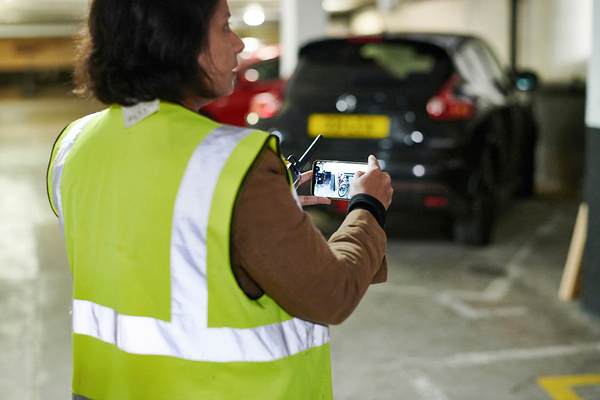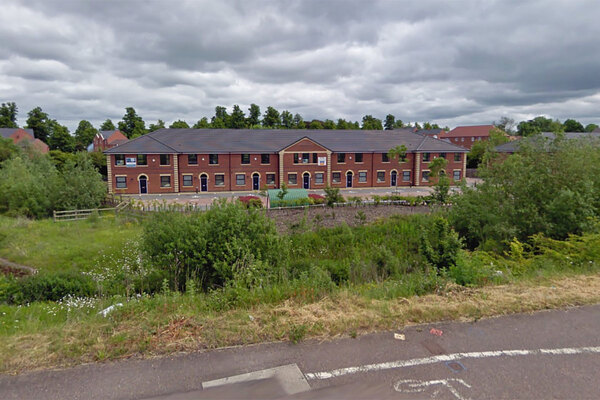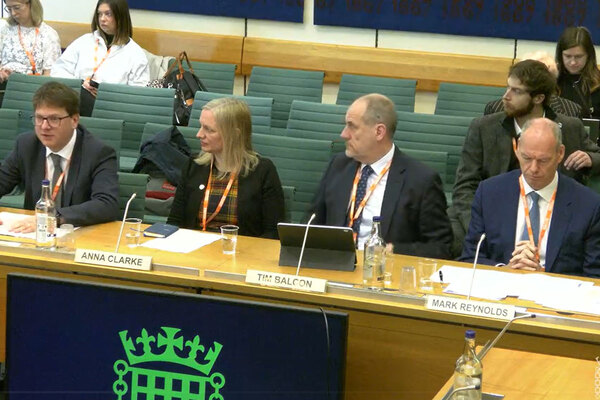Government looking at ways to reduce waking watch costs for residents, Jenrick says
The government is investigating means to reduce the cost of waking watch services for residents in buildings with dangerous cladding, housing secretary Robert Jenrick has said.
Asked by Labour’s shadow housing minister Mike Amesbury what is being done for residents in this position, Mr Jenrick said he had tasked Baron Stephen Greenhalgh, minister of state for building safety and communities, to investigate measures.
Mr Amesbury said that Mr Jenrick had promised to investigate the issue following a call with the ‘M9’ group of directly elected regional mayors.
Residents of buildings with dangerous cladding have been pushing the government for support to pay for waking watch services, particularly given the impact of coronavirus on many people’s finances.
Waking watches are 24-hour patrols of buildings with safety issues to check for fires. They can be cripplingly expensive for residents, with some paying £840 a month per household for the service.
“I’ve asked the noble Lord Greenhalgh, the new minister for building safety, to look into this and what we can do to reduce the cost of waking watch for members of the public in this position, and to ensure that waking watches where they are required can continue, despite the lockdown,” Mr Jenrick said.
Inside Housing research last month revealed that there are at least 420 waking watches around the country, and that some have been in place for almost three years. The service is supposed to be only an interim measure ahead of fitting fire alarms.
Mr Amesbury had asked: “Hundreds of thousands of tenants and leaseholders are still living in unsafe buildings. This of course, as the secretary of state will know, is a double whammy for people in the lockdown: stuck in buildings covered with flammable materials and some out of work, having to pay expensive waking watch fees.
“On the call with the M9 mayors, I understand that the secretary of state said he would look into financial support from the government for the cost for waking watch and other interim fire safety measures. Has this been done and what was the outcome?”
Mr Amesbury told Inside Housing: “We need more of a sense of urgency and a firmer commitment from the government on this matter. Leaseholders are in desperate need of transitional support to cover very expensive waking watch schemes.”
Waking watches are some of the highest costs for leaseholders in dangerous buildings, along with insurance. This morning it emerged that leaseholders at a tower in Birmingham are facing a 1,200% increase in insurance premiums as a result of fire safety issues.
A £1bn Building Safety Fund promised by the government last month covers cladding removal only, not interim measures.
Sign up for our daily newsletter
Already have an account? Click here to manage your newsletters












